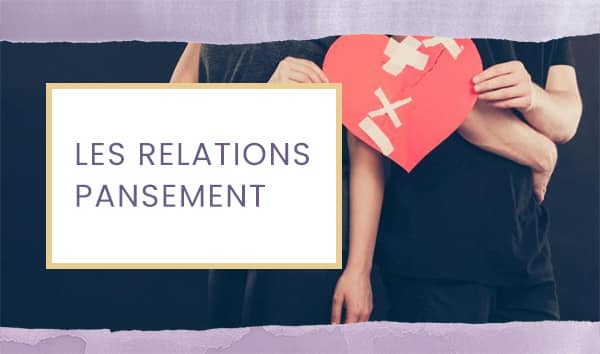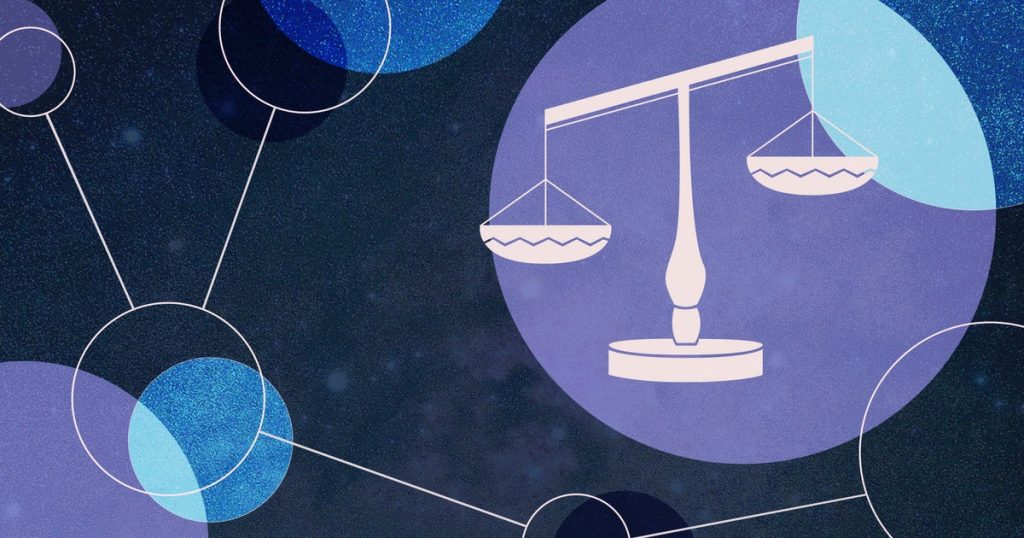Do you remember when you were little and you had a sore? Your mom was most likely putting a bandage on the affected area so you could go outside and play.
How many of us thought the band-aid was part of the cure? That under this magic beige band our wound would disappear? Even if we were just bumping into each other, we were asking for a bandage to “feel better” when it was just a placebo. The same concept can be applied to dressing relationships.
The Placebo
Band-aid relationships are those in which we enter to fill a void, a wound or a lack in our life. In general, band-aid relationships can be enjoyable and make us happy, and certain relationships can bring a healing aspect to our lives.
A dressing covers a wound and protects it from infection. However, a dressing can get dirty, wet, lose its adhesive, etc., putting us at risk of infection. If we thought the band-aid had to do all the healing, in fact it has the potential to make things worse too!
The infection
Having a band-aid relationship is a kind of escape from healing past wounds. Depending on your wound and its depth, some people change their « dressing » and therefore their partner. We then form a couple to overcome a breakup. But often the wounds are not yet properly healed in the heart.
The healing
In relationships, like a physical wound, you have to think about going without the bandage to start healing sooner. With the right cleaning agents and the right care, you can prevent an infection without a dressing! This means that you will have to take the appropriate measures to heal your internal wounds (emotional, mental and spiritual). For this, you have to work on yourself and let time pass.
The truth
Take a moment to ask yourself: why do I want a relationship? Are you bored? Do you feel alone? Is everyone around you in a relationship?
A relationship does not necessarily relieve these symptoms of dissatisfaction. You can pick the first comer to be absolutely committed to a relationship, but that won’t stop you from feeling bored, lonely, or comparing your status to others. It all depends on your state of mind and what is in your heart.
Also discover:
What is a Band-Aid Relationship?
Having a band-aid relationship, also known as a « buffer relationship », is seeking quick relief from the pain of loneliness. It’s getting back together quickly following a breakup, when you haven’t mourned the previous relationship. In the inability to find a meaningful connection, therefore, this type of relationship choice serves as a temporary means to an end. We generally start a dressing relationship when the desire to be in a relationship is paramount and the quality of this relationship takes second place.
Having a band-aid relationship is ultimately like going to a restaurant when you’re really hungry. Even though the menu is clearly limited and offers nothing that really appeals to us, we choose something, anything, to fill the void. We have to eat. We have been hungry for too long and need to fill our stomachs to dull the pain of hunger.
This is the type of relationship that many people find themselves in, by default. This “does the trick” for now. It is a survival relationship with a limited lifespan. There are initial compromises since this is not really what we want. It is the type of help that does not directly heal the wound, but covers its appearance.
The dressing relationship allows you to get out of a world of loneliness directly. Of limited scope, the emotional involvement appears negligible. So we think we are safe. Quick and easy, this type of menu choice can be junk food or a meal we would rarely eat, but hunger blinds us! The fear of being alone and dealing with all the feelings that come with that loneliness compromises our true desires, so we look for a quick fix.
This universal discomfort is not the only reality for singles exhausted by the circuit of dating rides. It affects tired, divorced men and women, as well as widows and widowers who find themselves estranged from the vibrant social life they once had with a partner. For many of these people, a band-aid relationship is an enticing option.
The band-aid relationship is a type of romance that provides quick relief from the pains of loneliness. It’s not something that’s meant to last forever. It is a form of love story « to pass the time » that is chosen instead of experiencing something more substantial.
Many of us can find ourselves in this type of relationship by default. It can even be with someone we call our boyfriend or girlfriend. But beneath its construction is the thought, « This will do for now. » We made an initial compromise for comfort. No, that’s not the type of relationship we want. And it’s not our best choice of partner. Our participation is justified by rationalizing that its short shelf life cannot cause any serious harm. So why not be with someone instead of no one?
Band-aid relationships are neither good nor bad. They allow you to come out directly from a world of loneliness. Of limited scope, the emotional involvement appears negligible. We are therefore safe on this point. Convenient and easy, this type of junk food encounter can be a temporary remedy that seems delicious at certain times in our lives. And sometimes that’s enough.
If a band-aid relationship is the type of choice you find yourself considering, just remember that it is indeed a “choice.” Be clear on what it is and what it isn’t. Each choice has its merits and consequences. Admit it’s the desired option – and in that honest admission, accept the reality that comes with its design. Do not be mistaken. Don’t pretend you’re doing something you’re not, or it will come back to haunt you. If you make this kind of connection, at least do it consciously.
Are you in a band-aid relationship?
Have you ever wondered why some couples seem to stay together when they really should? If this sounds familiar, you may be in a band-aid relationship. Here’s how to determine it.
How do you know if you’re in a band-aid relationship?
1. You love your partner but have no passion for them.
2. If your partner cancels a date, you are not affected by his absence.
3. You haven’t really integrated your partner into your life, your circle of friends, your family
4. You don’t feel high or low. Your emotional involvement is neutral.
5. Surprisingly, you never argue. There is nothing at stake.
6. You know you are going to leave your partner. It’s just a matter of time.
7. If your partner breaks up with you first, it’s an inconvenience, but not a crisis.
The fear of being alone and dealing with all the feelings that come with that loneliness can become overwhelming for many people. But sometimes it helps to bounce back.
And you what do you think ?
To discover your sentimental future, contact one of our psychics for a frank consultation.




